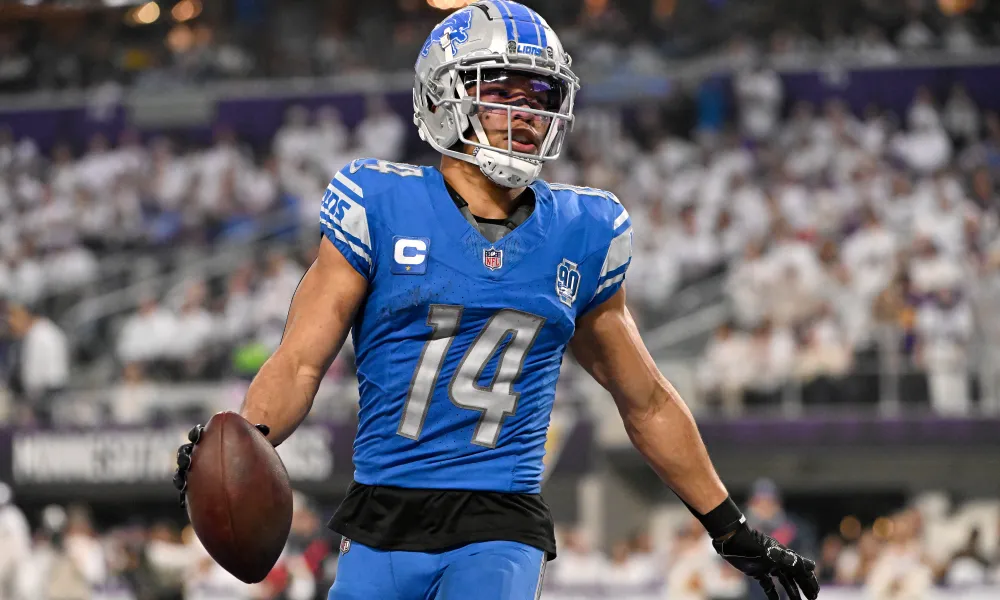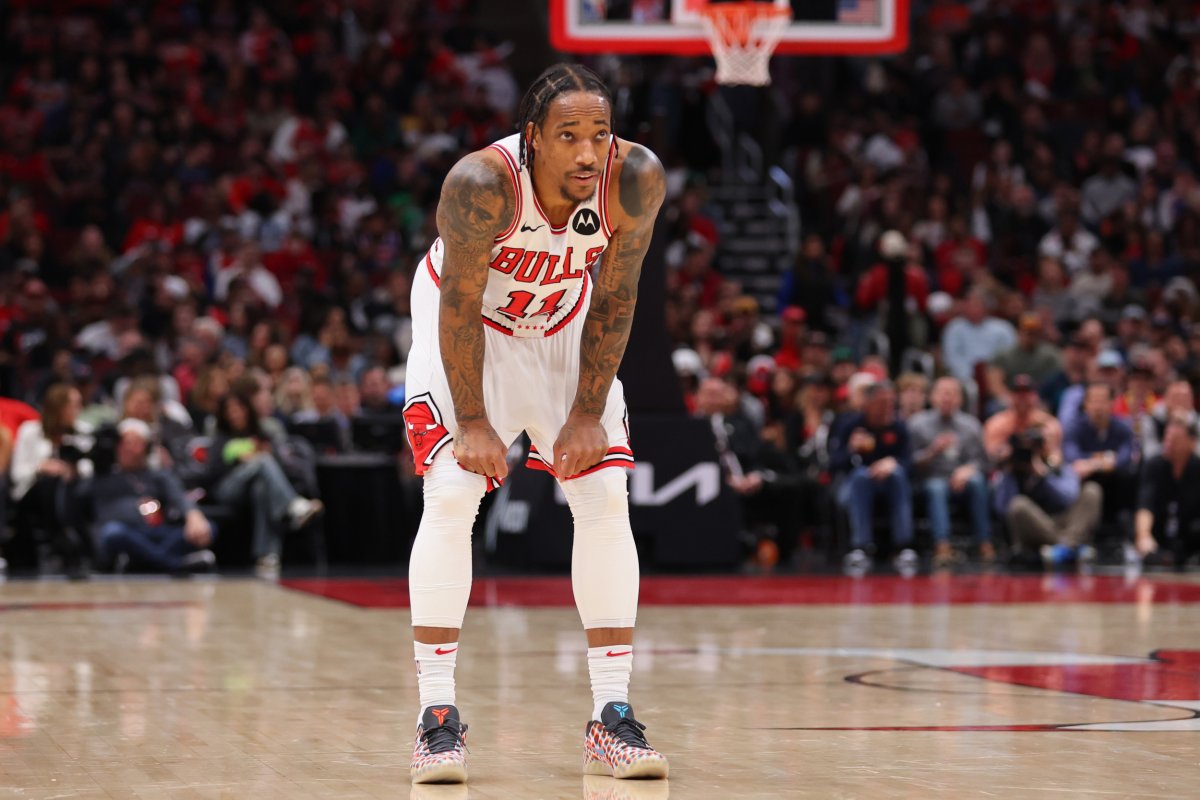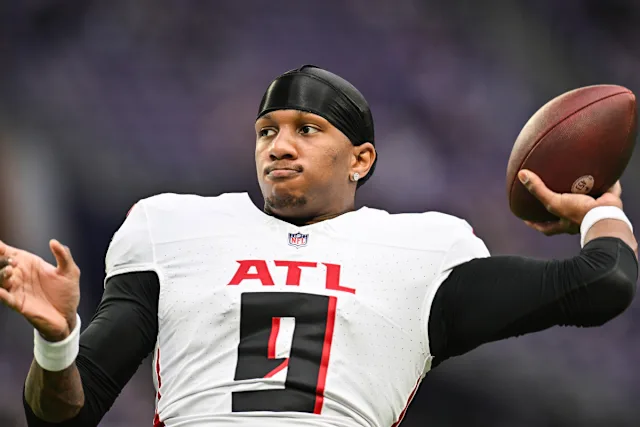The idea of relegation in American football has long been seen as far-fetched, but as fans and analysts push for more competitive balance, the model is gaining traction in discussions about the NFL’s future. Imagine a league where teams can’t coast through losing seasons, where tanking for draft position becomes obsolete, and where even the Week 16 matchup of two struggling franchises carries do-or-die implications. That’s the promise—and peril—of relegation.
1. A Two-Tier NFL
-
NFL1 (Top Tier): 24 teams competing for the Super Bowl, the ultimate crown.
-
NFL2 (Lower Tier): 8 teams battling to climb into NFL1, plus one or two expansion markets aiming to break in.
A third tier could eventually be created, opening pathways for new markets like San Antonio, Portland, or St. Louis to join the professional football landscape.
2. Relegation and Promotion Rules
-
Relegation: The bottom 8 teams in NFL1 are relegated at season’s end.
-
Promotion: The top NFL2 teams, determined by a playoff or points system, rise to NFL1.
-
Playoffs: NFL1 maintains the traditional Super Bowl format, while NFL2 runs its own playoff tournament, with promotion on the line instead of a Lombardi Trophy.
This makes every single game matter—even for teams that otherwise would have nothing to play for.
3. Impact on Teams and Strategy
-
Increased Competition: No more meaningless late-season games. Every week matters.
-
End of Tanking: Relegation punishes losing, removing any incentive to tank for draft picks.
-
Development Focus: Teams would have to invest in scouting, youth programs, and player development, similar to European soccer academies.
4. Financial Implications
-
Revenue Gaps: NFL1 will dominate national TV deals, while NFL2 operates on smaller networks or streaming.
-
Parachute Payments: To cushion the financial hit, relegated teams would receive transitional payments.
-
Promotion Bonuses: Promoted teams get extra funding to compete immediately at the NFL1 level.
-
Local Economics: A relegated team may see attendance dip, but the excitement of fighting for promotion could still energize fan bases.
5. Draft and Free Agency Changes
-
Draft Reform: Priority could go to NFL2 teams to boost parity.
-
Free Agency: NFL1 teams will remain more attractive, but NFL2 squads could market opportunity—immediate playing time, leadership roles—to lure young talent.
6. Fan and Market Effects
-
Drama for All: Suddenly, a Week 17 Browns–Panthers game could decide relegation.
-
Regional Growth: New or returning markets like St. Louis or Oakland could emerge through NFL2 pathways.
-
Local Economies: Some smaller-market cities might thrive on the excitement of promotion battles, even if not consistently in NFL1.
7. Scheduling, Rivalries, and Media
-
Regional Rivalries: Imagine a demoted Giants team squaring off with the Jets still in NFL1—suddenly, the rivalry burns even hotter.
-
Broadcast Tiers: NBC, FOX, CBS, and ESPN keep NFL1 primetime games, while NFL2 builds out deals with streaming platforms or regional carriers.
-
New Storylines: Underdog NFL2 teams climbing their way into NFL1 would become some of the most captivating stories in sports.
8. Accountability for Ownership
Perhaps the most compelling outcome: bad ownership would finally have consequences. In today’s NFL, poorly run franchises can wallow in mediocrity for decades while still reaping revenue-sharing profits. In a relegation world, that complacency would come at a steep cost—lost revenue, fewer sponsorships, and diminished national presence. Over time, this system could flush out ineffective ownership groups and reward ambitious, well-run organizations.
9. The Current NFL2 Contenders (Based on Preseason Projections)
If a relegation system existed today, here’s a look at which teams are most likely to be demoted to NFL2 based on preseason power rankings and last-place projections:
-
New York Giants – Ranked 26th in Sharp Football Analysis’s latest power rankings, suggesting a bottom-tier outlook.
-
Cleveland Browns – Handpicked by CBS Sports to finish last in the AFC North.
-
New Orleans Saints – Slotting in at 32nd overall, they’re viewed as the least promising team entering 2025.
-
Carolina Panthers – Also barely ahead of the Giants, sitting near the bottom at 27th in preseason power rankings.
-
Jacksonville Jaguars – Placed at 24th, indicating a likely bottom-finish in the AFC South.
-
Las Vegas Raiders – Socially precarious position at 25th, making them a candidate for relegation contention.
-
New England Patriots – At 22nd, they fall into the lower third of the projected rankings.
Teams on the cusp of relegation (just above the others):
-
Tennessee Titans – Not far off, ranked 29th, meaning they’re flirting with last-place status. Sharp Football Analysis
-
Miami Dolphins – Sitting at 19th, slightly more stable—but still far from secure. Sharp Football Analysis
10. The Excitement Factor
The relegation model wouldn’t just change the NFL—it would supercharge it. Imagine:
-
Week 18 “Survival Sunday” games with elimination stakes.
-
Cinderella NFL2 teams clawing their way to NFL1.
-
Fans storming the field when their team clinches promotion.
In this world, there’s no room for apathy, no patience for mediocrity. Every play matters. Every decision has consequences. And every team has something to fight for.
A relegation-based NFL might sound radical, but its potential to deliver year-round drama, accountability, and parity could make it the most exciting version of pro football we’ve ever seen.






